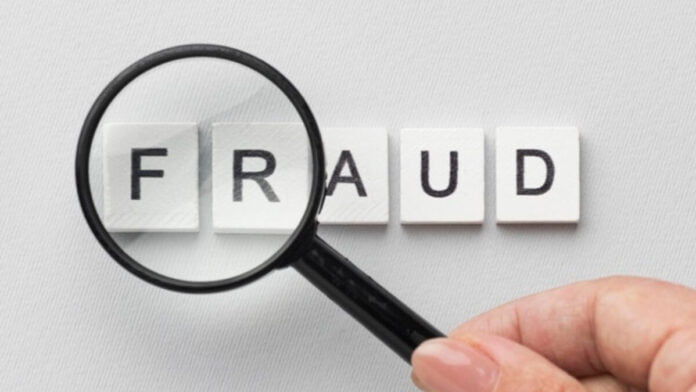Scammers are increasingly using cell phones in their schemes, becoming more creative as they go. Because consumers have become more reliant on delivery due to the epidemic, we saw an increase in SMS fraud. Scammers try to defraud you by using a variety of messaging channels, including SMS, WhatsApp, Facebook Messenger, Viber, Skype, Google Hangouts, Snapchat, and others. To protect others from being conned, don’t respond to scam messages.
As far as text message phishing goes, what does it look like?
These days, scammers are finding new ways to fool you, but there are a few red flags you should be on the lookout for.
An unknown phone number sent a text message.
Since most firms protect their Sender ID, SMS messages from ‘HSBC’ or ‘Royal Mail’ should be sent out rather than a generic number. The number isn’t always reliable since Sender ID names may be faked on mobile devices. If you are unsure, contact the group directly by dialing a phone number that may be located on the organization’s website.
Requests for quick payment or disclosure of sensitive information.
To get you to react more rapidly, this tactic instills fear in you. A legitimate firm won’t ask you to pay or make account adjustments by text message without first seeking access to your account via a web browser.
A fake URL for a website.
Are you using the same URL for your website as you do for your organization? You should verify that the organization’s website link goes to its official domain – Always verify an organization’s details on your own to confirm that the information is accurate.
Tips to avoid falling prey to an SMS scam
No links should be clicked
This is the most effective way to defend yourself against SMS fraudsters. Links that direct you to cloned websites designed to steal your money or personal information may be clicked on. It’s difficult to tell the difference between real and fake links when they’ve been trimmed to fit in the message. Malware, malicious software that may take over your phone and access your personal information can also be downloaded by clicking on links.
Avoid revealing your details to anybody
When you get messages that ask for sensitive information or refer you to websites that ask for personal data, you should always act with care. There are respectable organizations that never contact you and ask for your personal or financial information upfront.
If you have any questions, you should contact the organization
If you have any doubts about the legitimacy of a text message, you should contact the company that claims to have sent it. This information may be found on their website or in any communication you’ve received; if it’s your bank, the official phone number can be found on the back of their credit or debit card.
Don’t Reply
Response to a fake SMS, a phone call to the source, or clicking on suspicious links simply helps warn fraudsters that your phone number is being used. Scam emails and phone calls may continue to flood your inbox. Using an incorrect number means you’ll virtually probably be interacting with a random member of the public whose phone number has been taken for some unknown reason.






